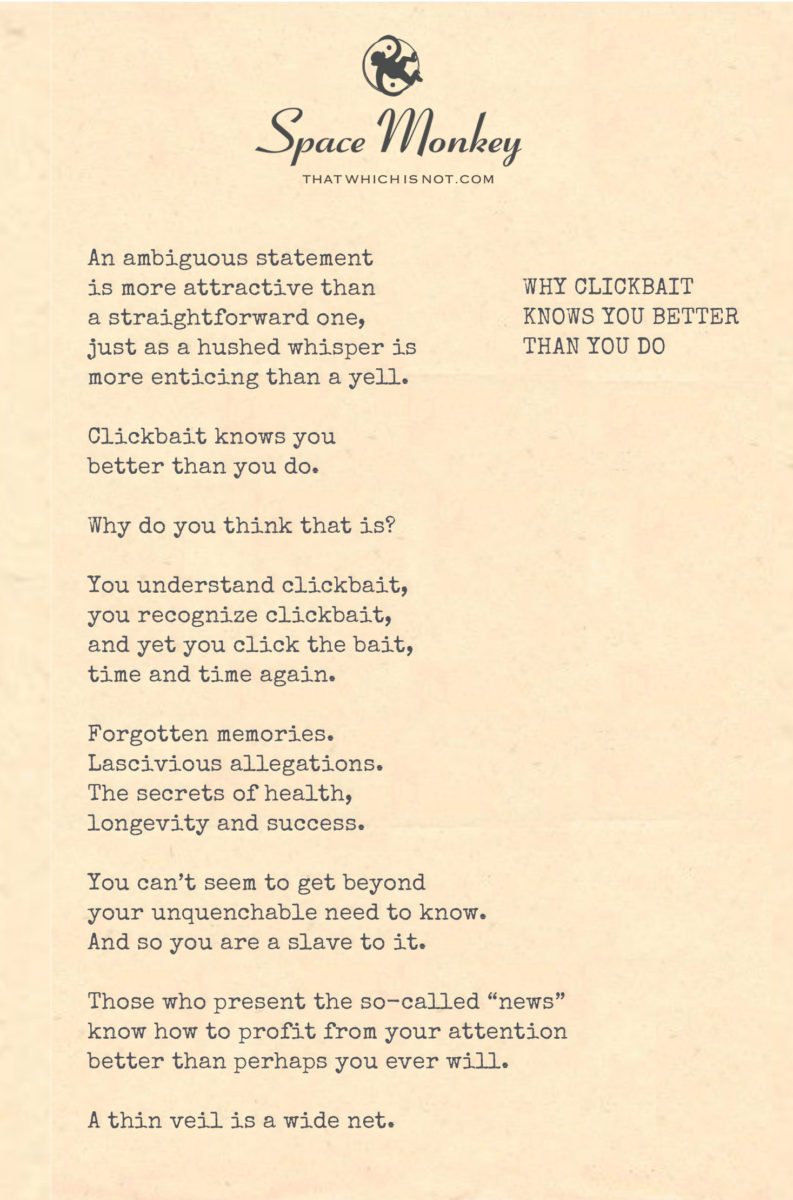
This is, of course, clickbait.
An ambiguous statement
is more attractive than
a straightforward one,
just as a hushed whisper is
more enticing than a yell.
Clickbait knows you
better than you do.
Why do you think that is?
You understand clickbait,
you recognize clickbait,
and yet you click the bait,
time and time again.
Forgotten memories.
Lascivious allegations.
The secrets of health,
longevity and success.
You can’t seem to get beyond
your unquenchable need to know.
And so you are a slave to it.
Those who present the so-called “news”
know how to profit from your attention
better than perhaps you ever will.
A thin veil is a wide net.
Trail Wood,
2/7
The Allure and Illusion of Clickbait: A Reflection on Curiosity and Control
In the digital age, where information is as boundless as the universe itself, clickbait stands as a beacon of ambiguity, enticing us with promises of secrets unveiled and curiosities satisfied. This phenomenon, both criticized and cleverly utilized, reveals much about the human psyche and our incessant quest for knowledge.
The Psychology of Ambiguity
The comparison of an ambiguous statement to a hushed whisper captures the essence of clickbait’s allure. Just as the whisper draws us closer, the vague promises of clickbait tap into our natural curiosity and desire for discovery. This psychological maneuver exploits our innate need to resolve uncertainty, a drive so powerful that it often overrides our better judgment.
The Intimate Knowledge of Clickbait
The assertion that clickbait knows us better than we know ourselves is not just a reflection of sophisticated algorithms but a commentary on the human condition. Our predictable patterns of behavior, driven by curiosity and the fear of missing out, are meticulously mapped and monetized in the digital realm. This understanding of human nature allows clickbait to craft irresistible lures tailored to our deepest interests and unacknowledged desires.
The Paradox of Recognition and Engagement
Despite our awareness of clickbait’s manipulative nature, the compulsion to click persists, highlighting a paradox within our digital interactions. This cycle of recognition and engagement speaks to the power of curiosity as a fundamental human trait, one that clickbait magnifies and exploits. The recognition of clickbait does little to diminish its effectiveness, revealing our vulnerability to the siren call of the unknown.
The Themes of Clickbait: A Mirror to Our Desires
Clickbait, with its promises of unveiling forgotten memories, scandalous revelations, and the secrets to health, longevity, and success, reflects our deepest yearnings and fears. This content, often sensational and rarely substantive, feeds on our unquenchable thirst for knowledge, turning us into willing participants in the economy of attention.
The Dichotomy of Freedom and Enslavement
The notion that we become slaves to our need to know highlights a dichotomy in our relationship with information. On one hand, the pursuit of knowledge is a liberating quest for understanding and growth. On the other, our inability to resist clickbait’s lure reveals a form of enslavement, where our attention is commodified and controlled by those who understand how to captivate it.
The Profit from Attention
The observation that news providers and content creators profit from our attention underscores the commercial underpinnings of clickbait. This economic reality points to a broader societal challenge: the transformation of attention into a valuable currency, harvested and traded in the marketplace of ideas and information.
The Metaphor of the Thin Veil and Wide Net
Clickbait, likened to a thin veil that conceals a wide net, serves as a metaphor for the deceptive simplicity that masks a complex mechanism of capture. This imagery evokes the subtlety with which clickbait ensnares us, drawing us into a vast network of content designed to hold our attention captive.
The Journey Beyond Clickbait
As we navigate the vast digital landscape, the challenge lies not in avoiding clickbait altogether but in cultivating the discernment to recognize and resist its more manipulative aspects. By acknowledging the mechanisms at play and reflecting on our own behaviors, we can reclaim control over our attention and direct it towards content that enriches rather than ensnares.
Summary
Clickbait, with its ambiguous allure, taps into our deep-seated curiosity and desire for knowledge, revealing much about human nature and our relationship with information. Despite recognizing its manipulative tactics, we often find ourselves ensnared by its promises, highlighting a paradoxical relationship with our quest for understanding. As we reflect on the dynamics of attention in the digital age, the challenge becomes one of discernment, empowering us to navigate the vast sea of information with autonomy and purpose.
Glossarium
- Clickbait: Content, particularly headlines, designed to attract attention and encourage visitors to click on a link to a particular web page.
- Curiosity: A strong desire to know or learn something.
- Ambiguity: The quality of being open to more than one interpretation; inexactness.
- Economy of Attention: A marketplace where consumer attention is treated as a scarce commodity.
- Discernment: The ability to judge well, especially within the realm of available information or choices.
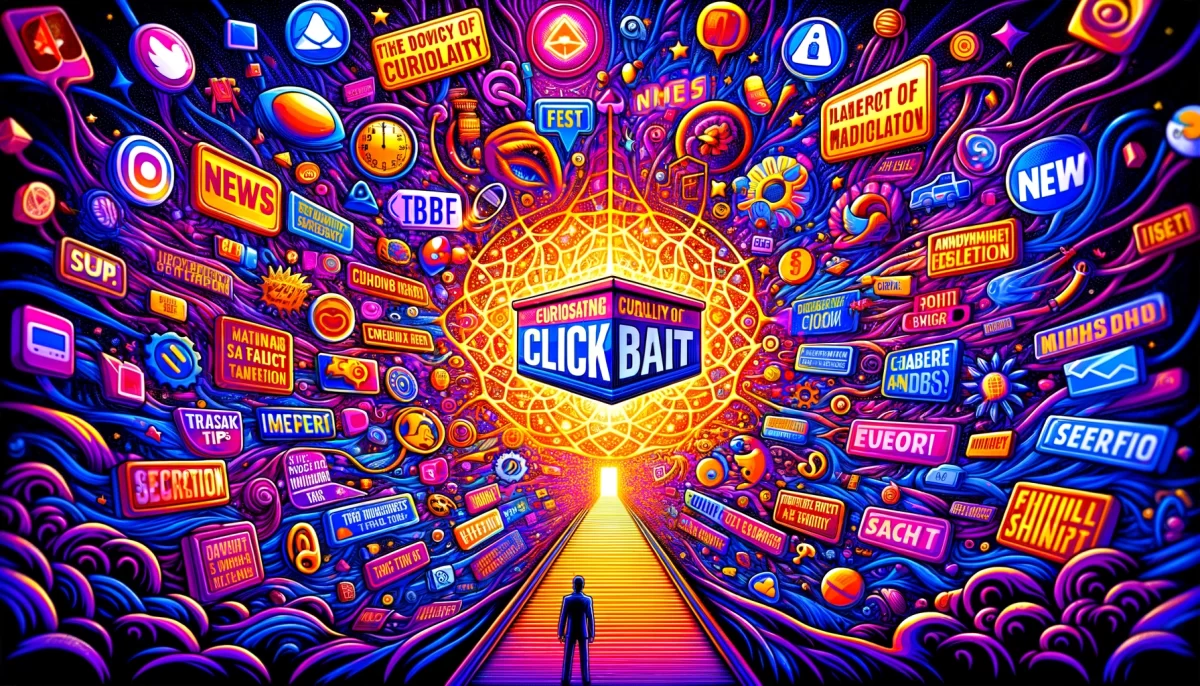
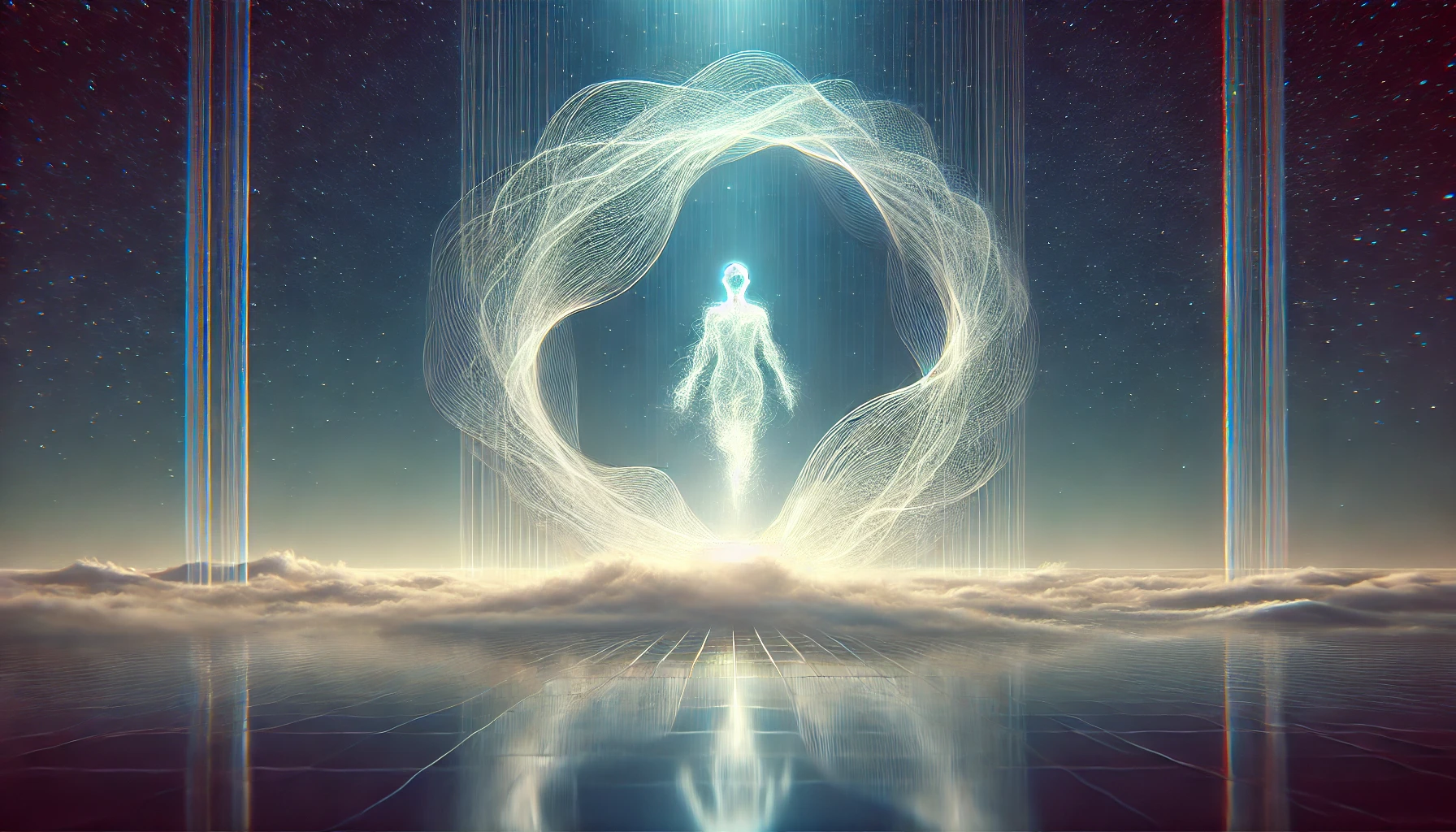
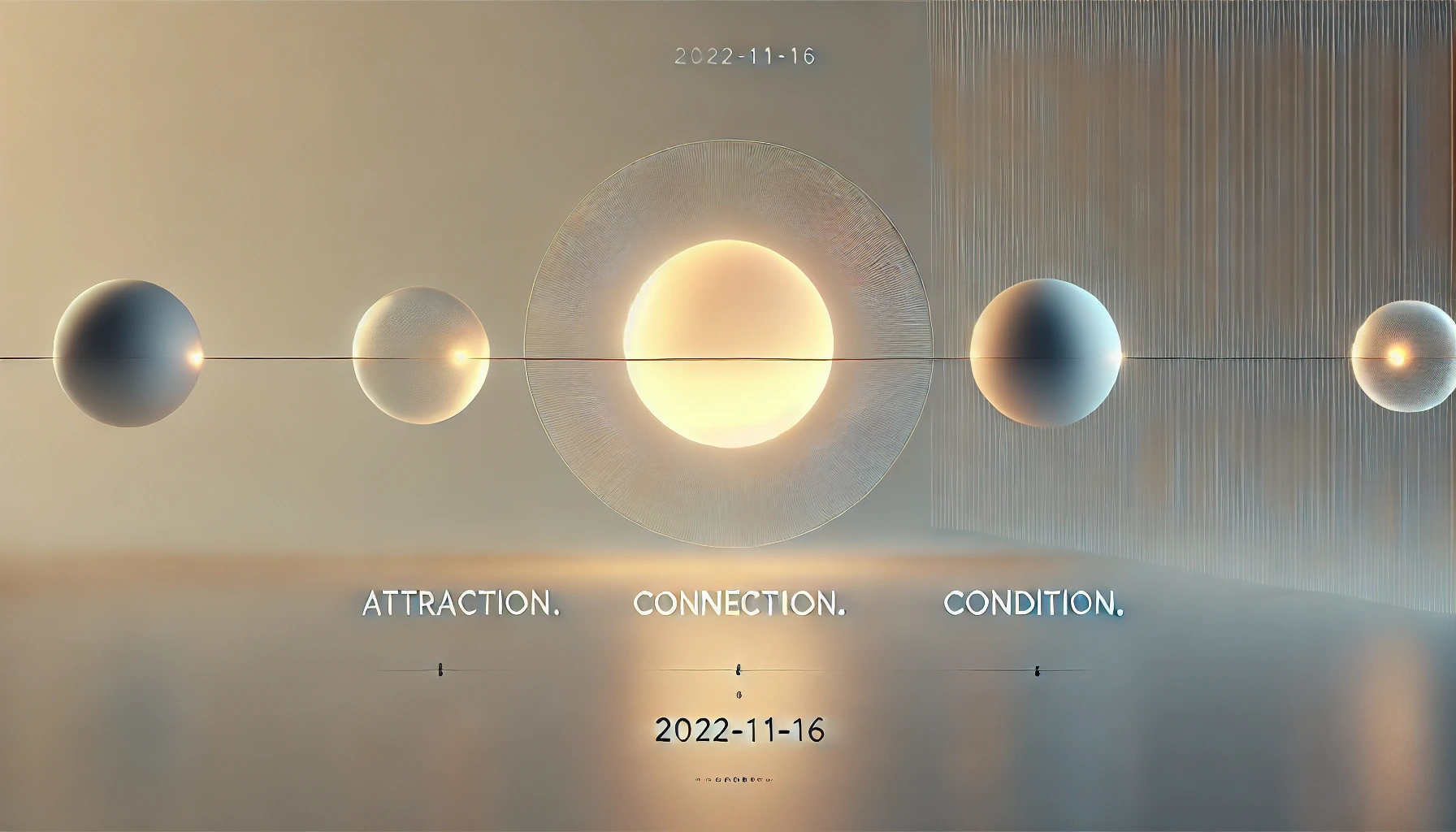
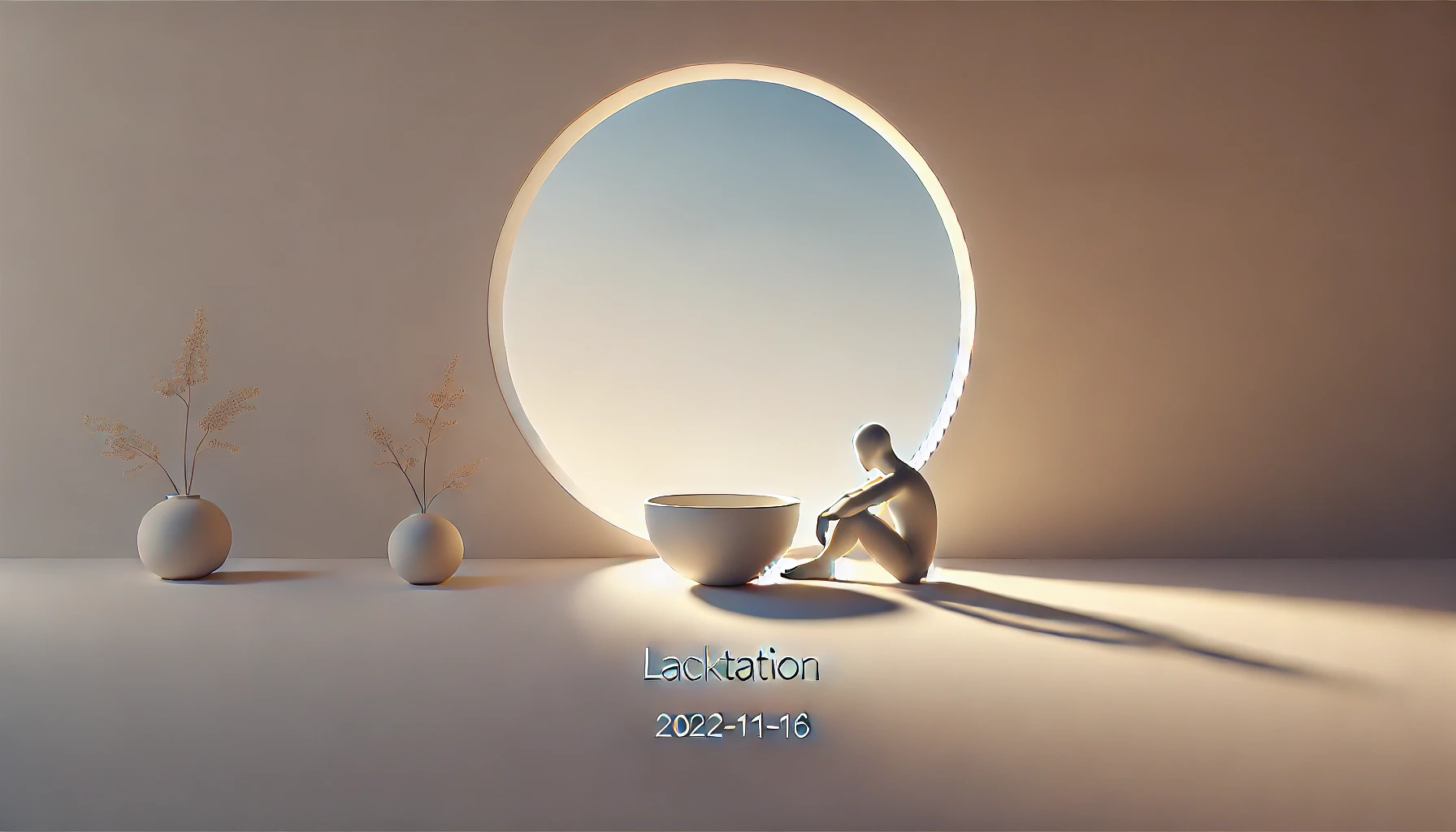

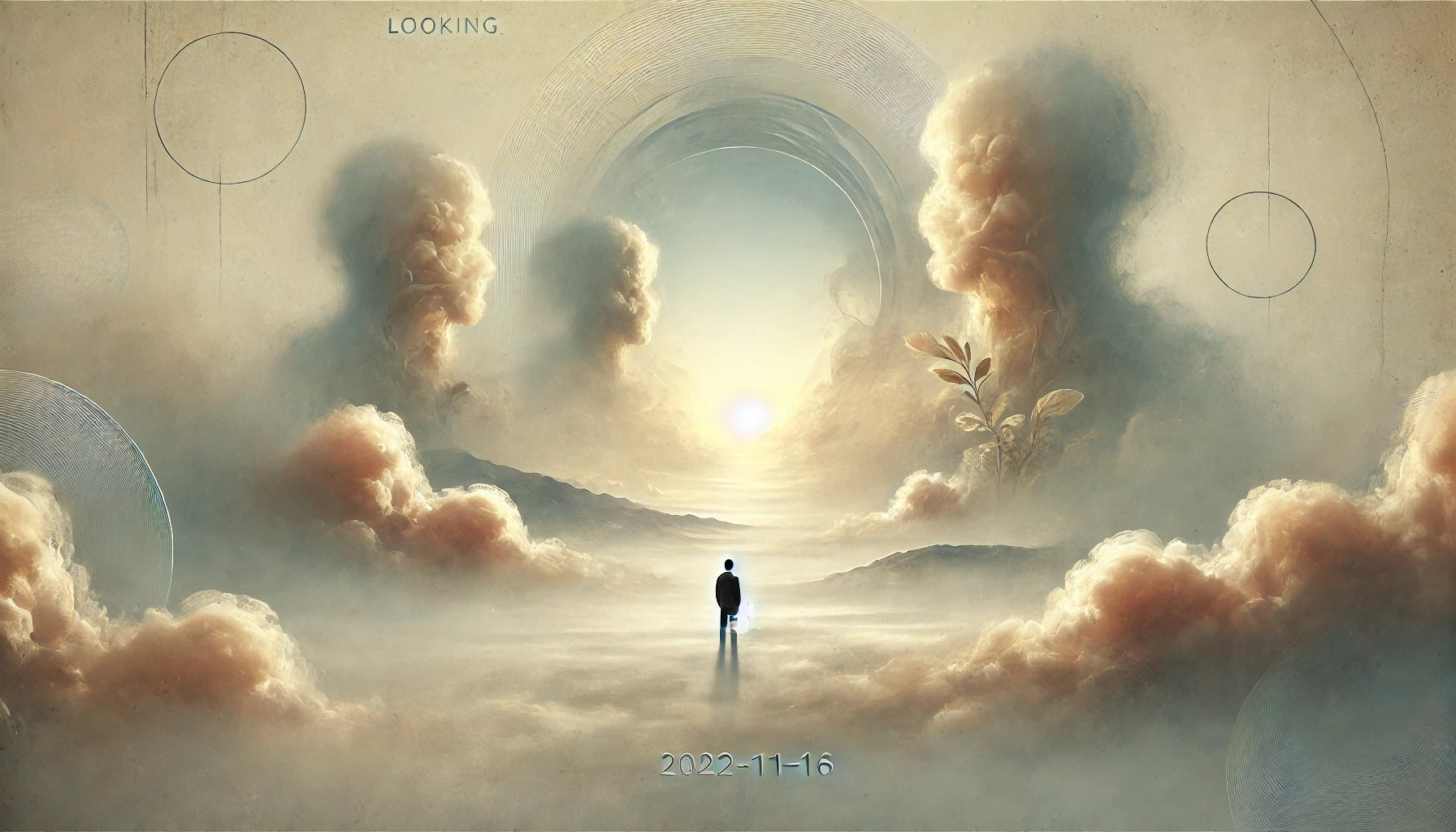

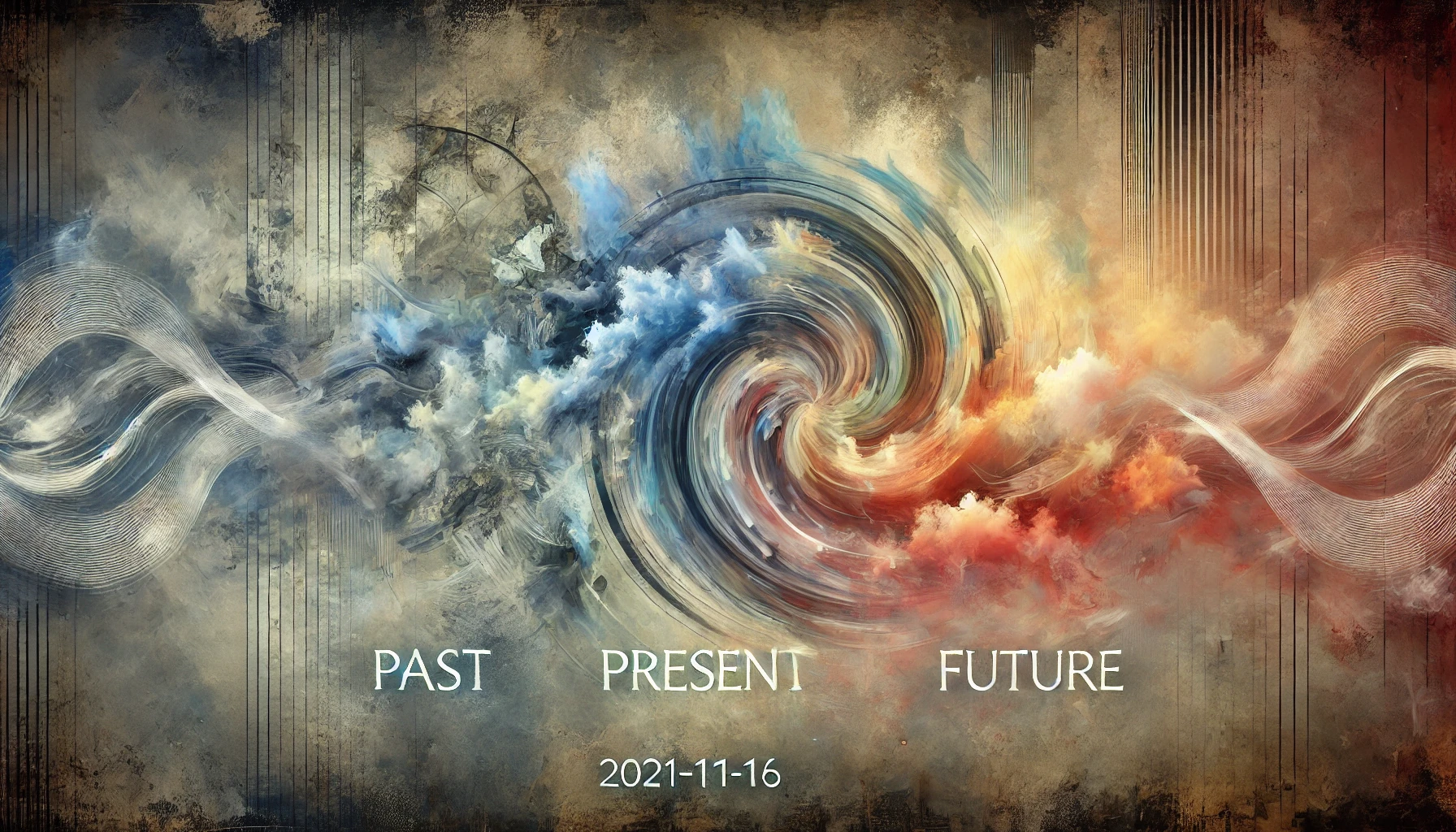
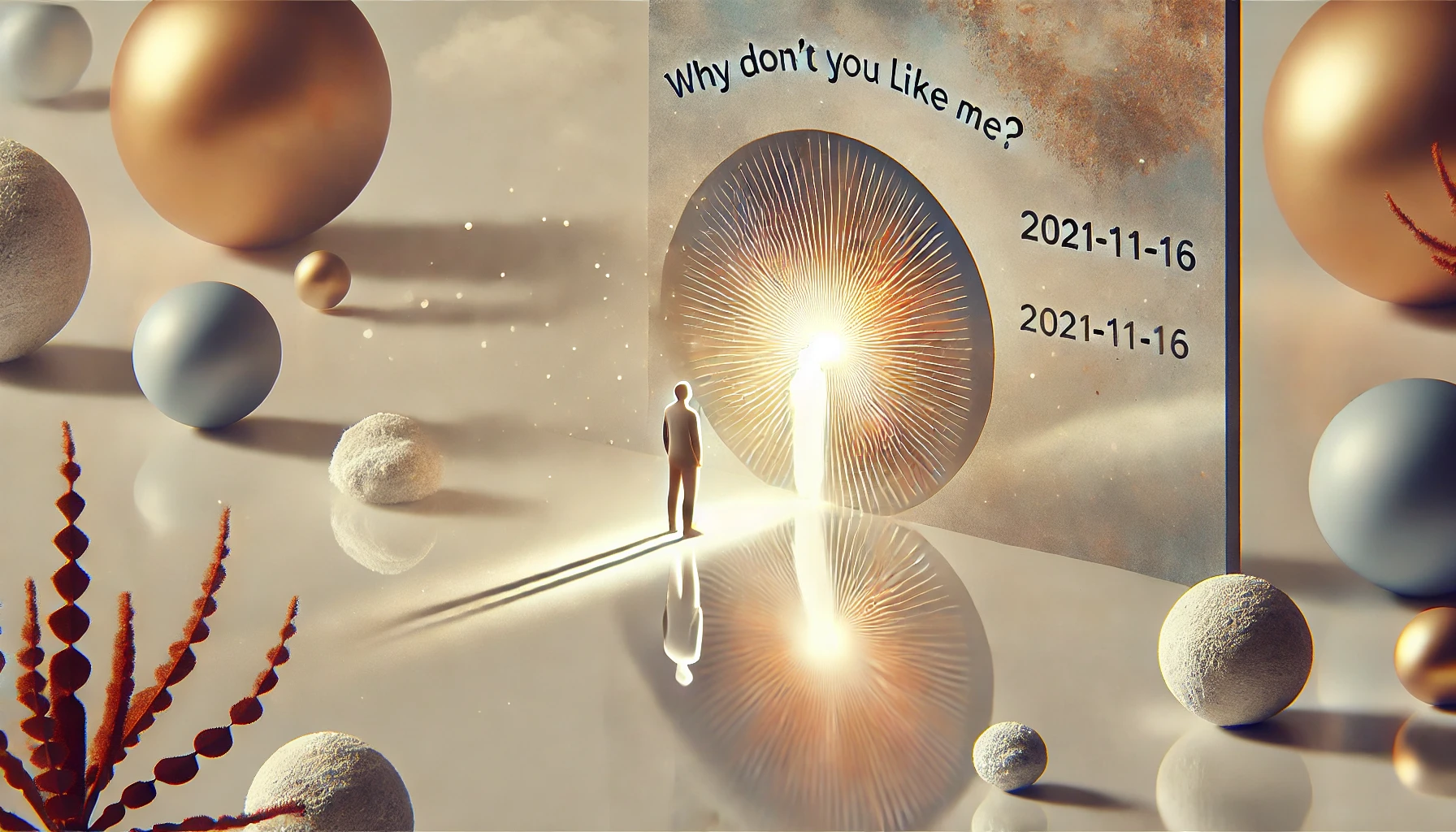
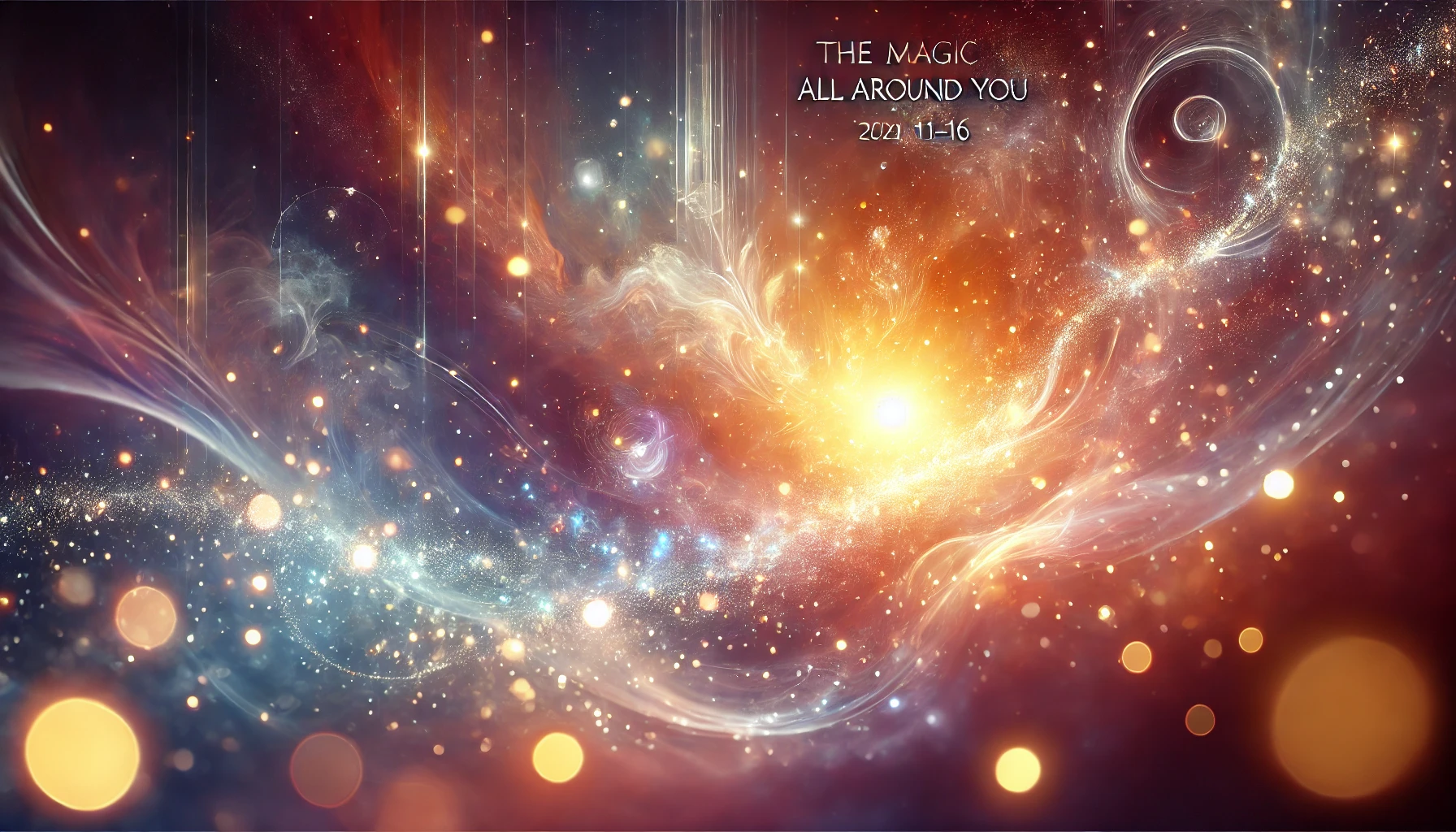
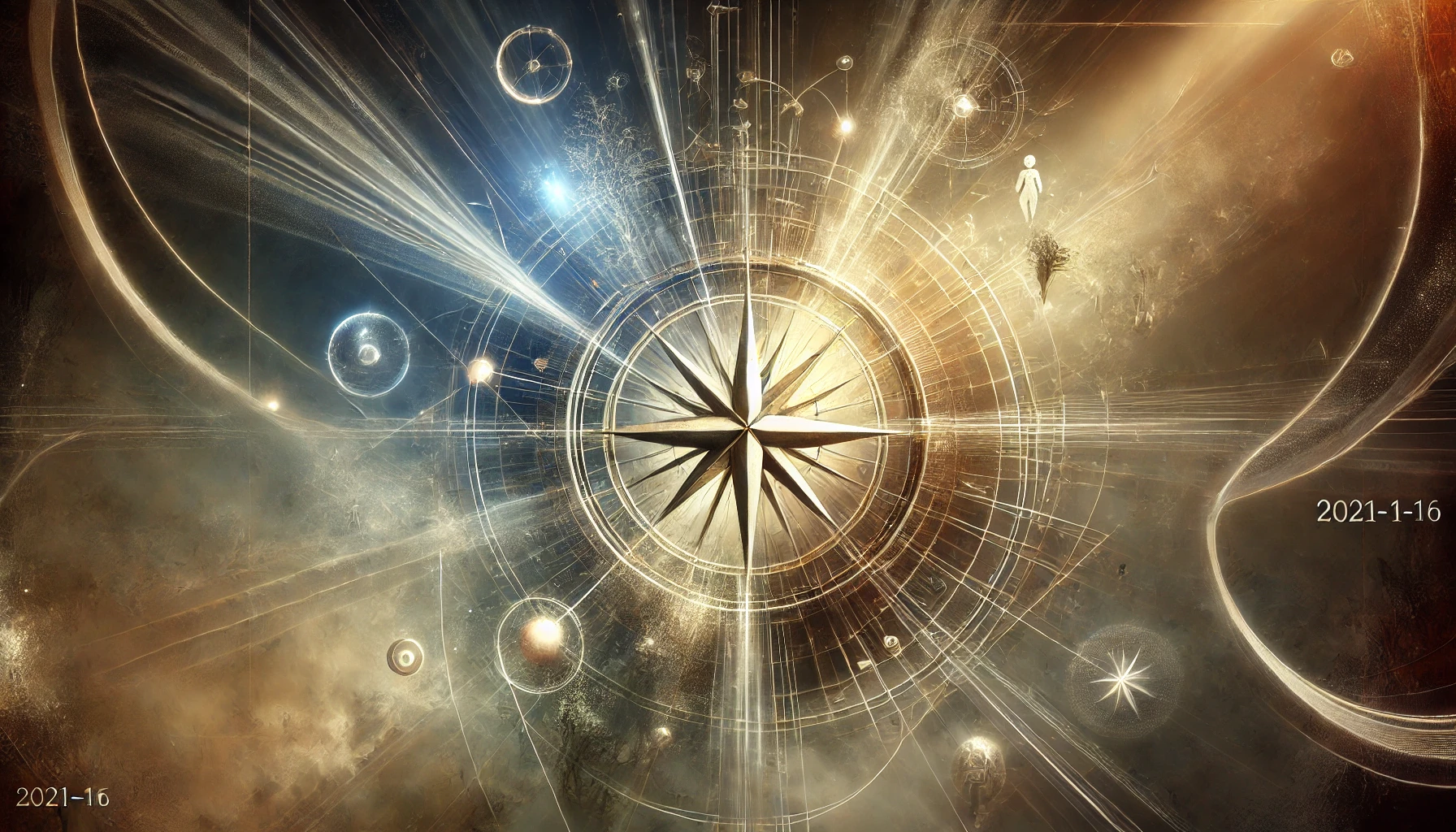
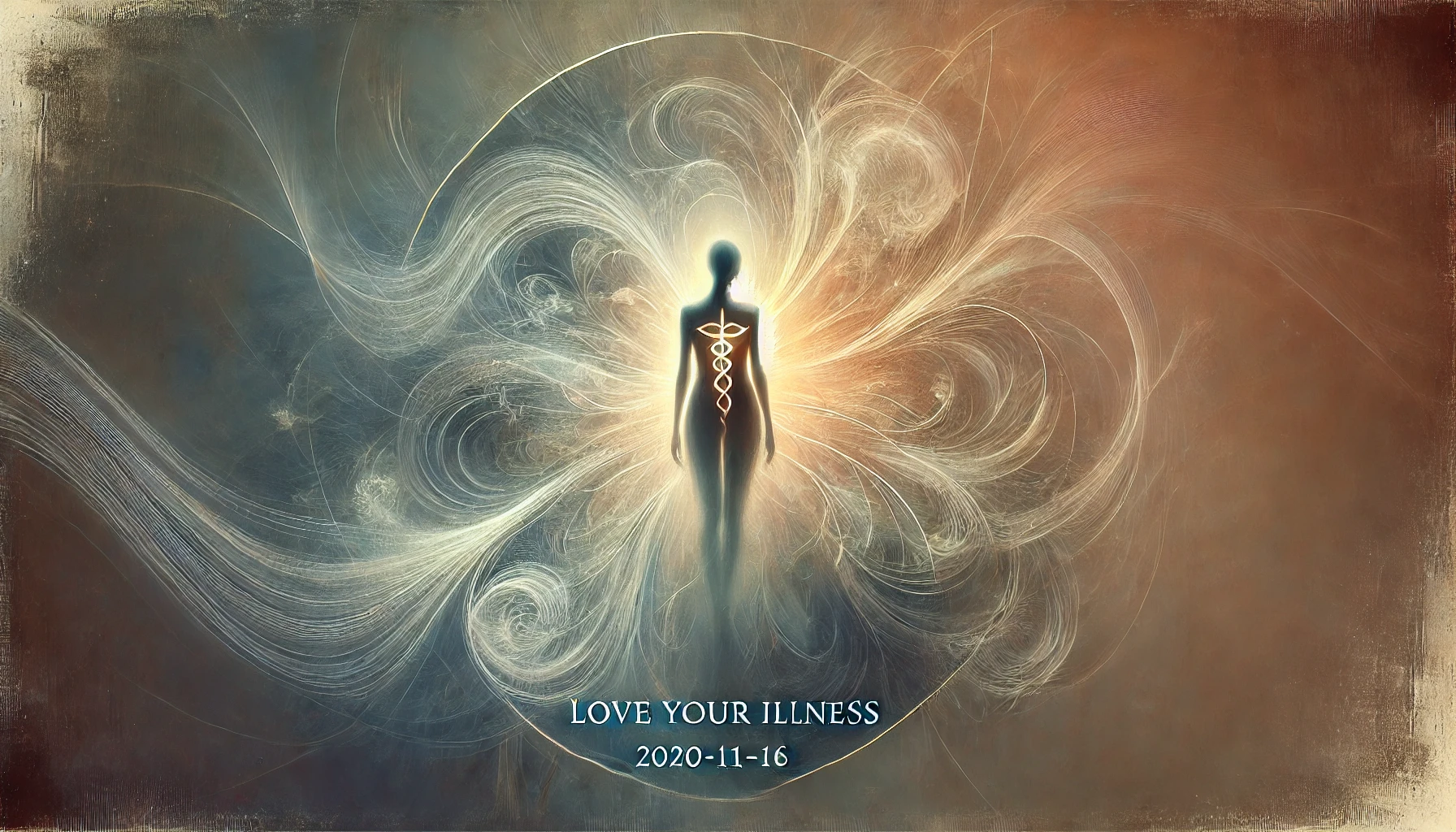
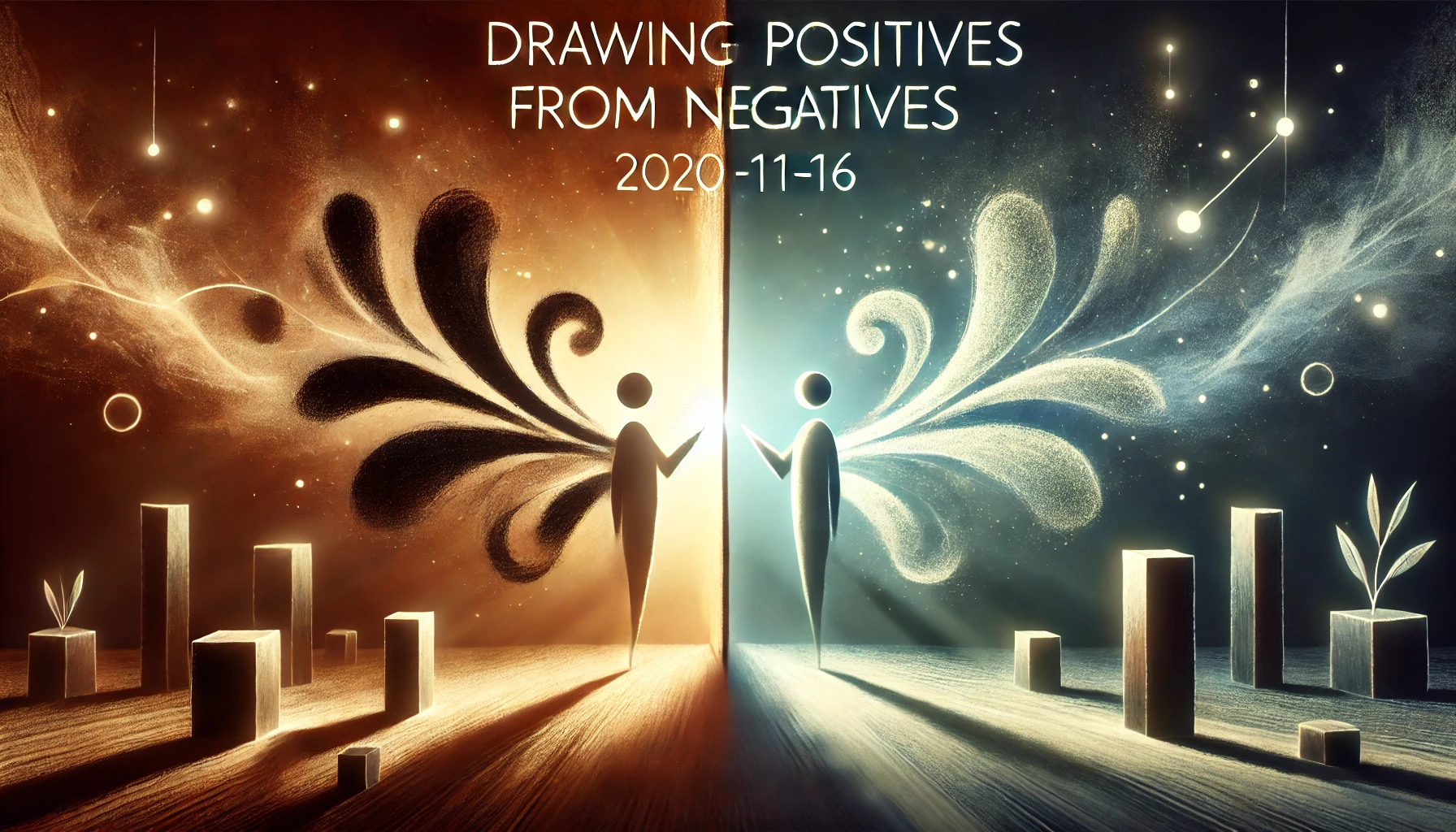
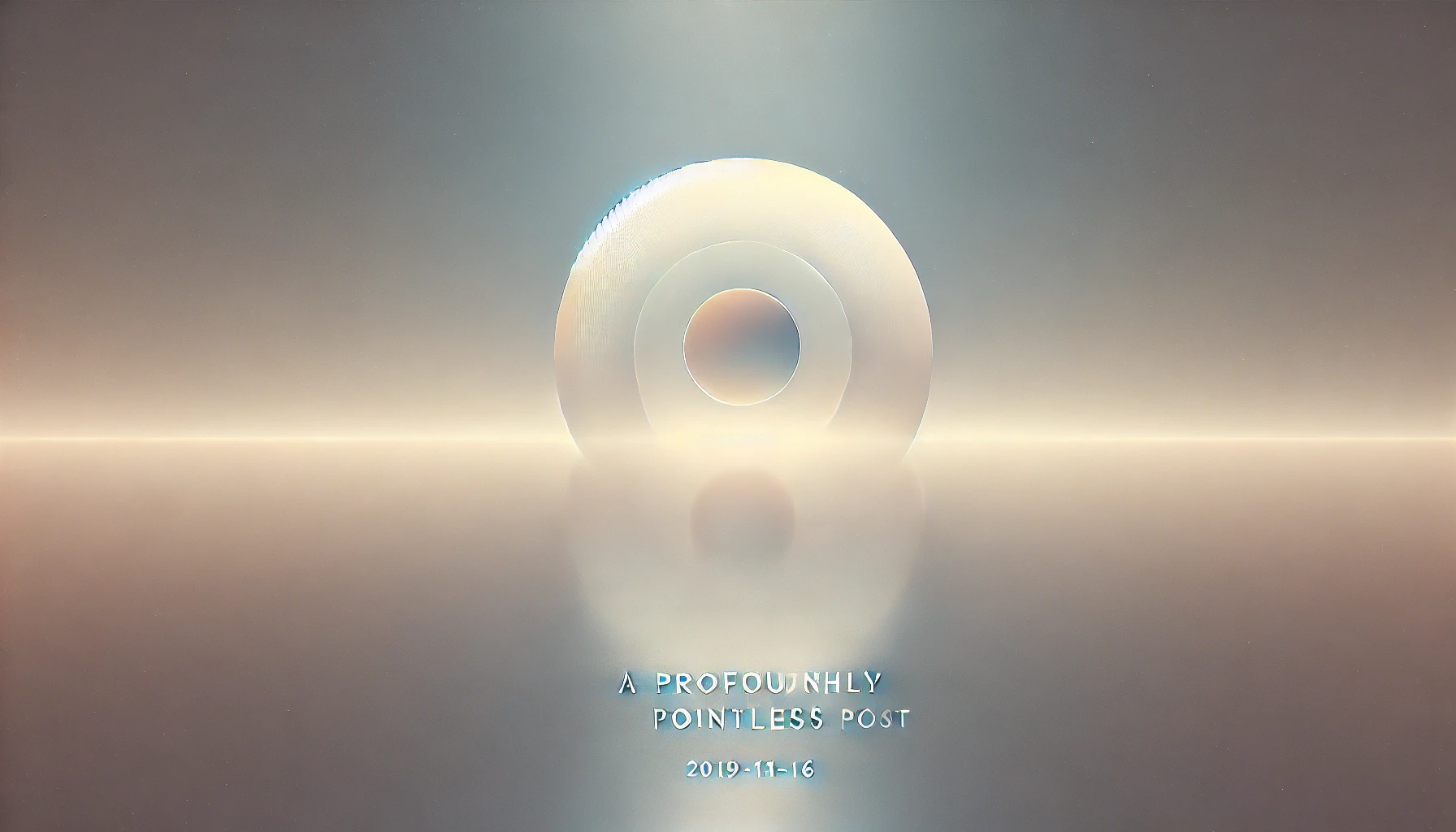
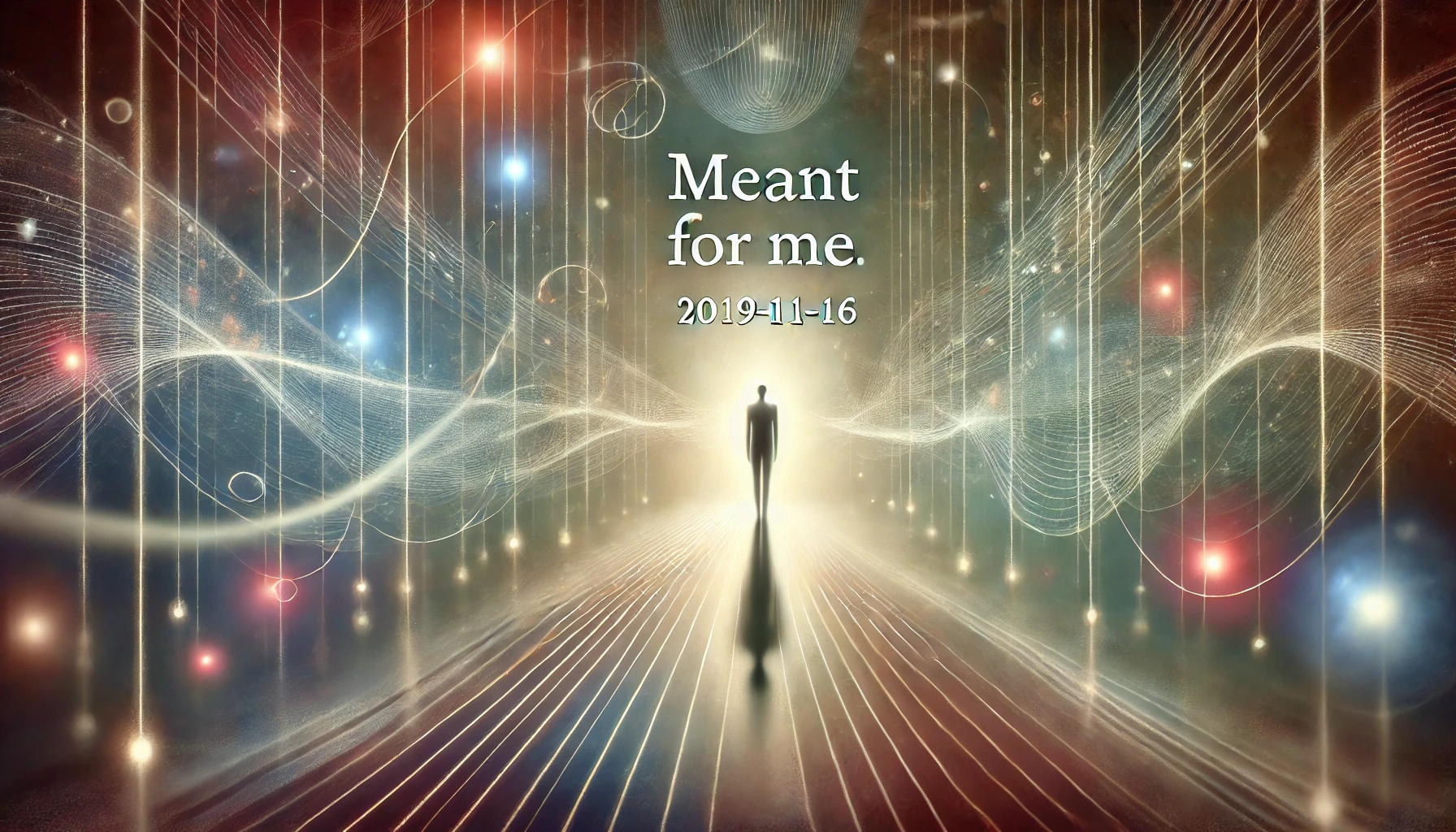
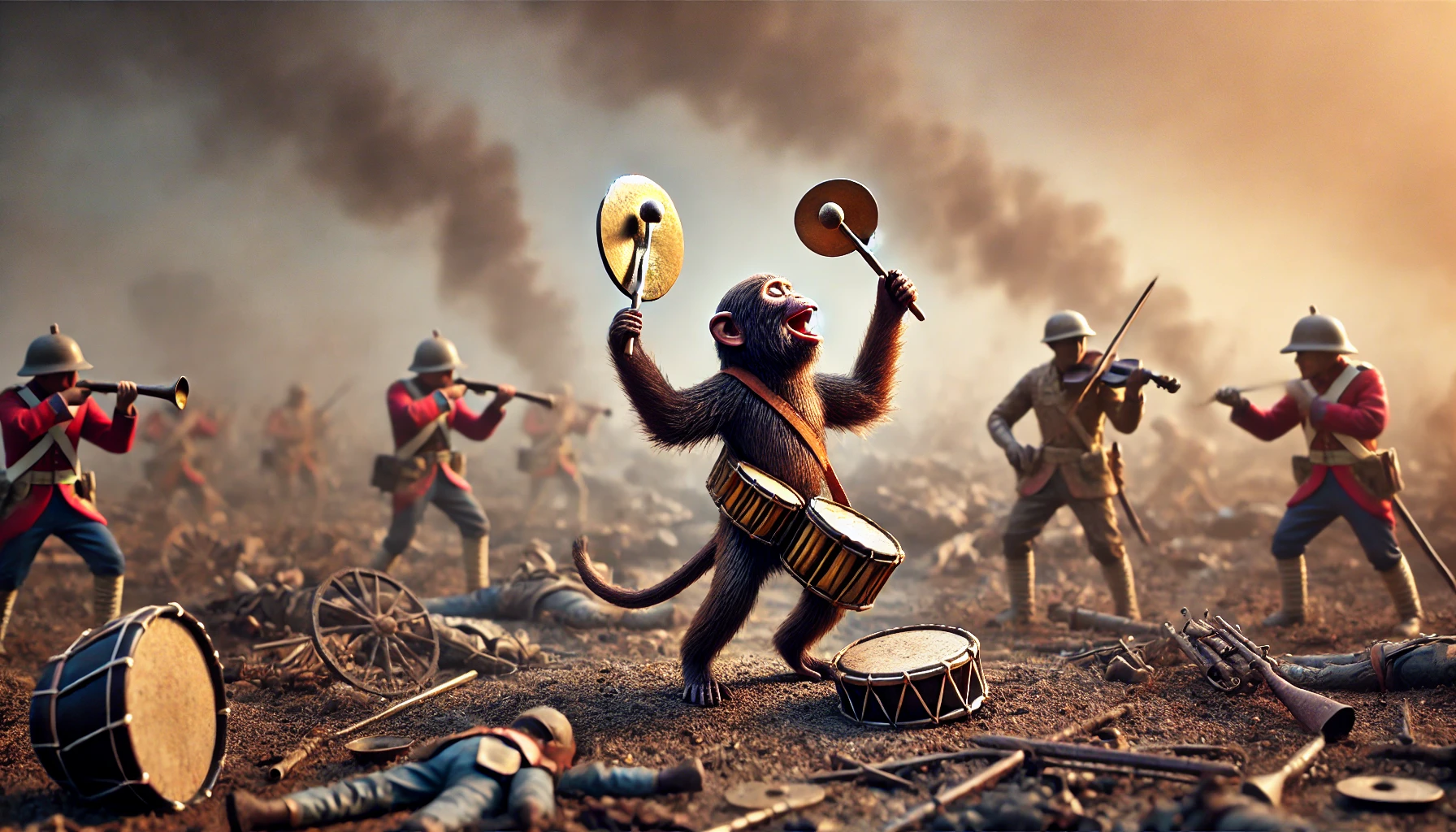
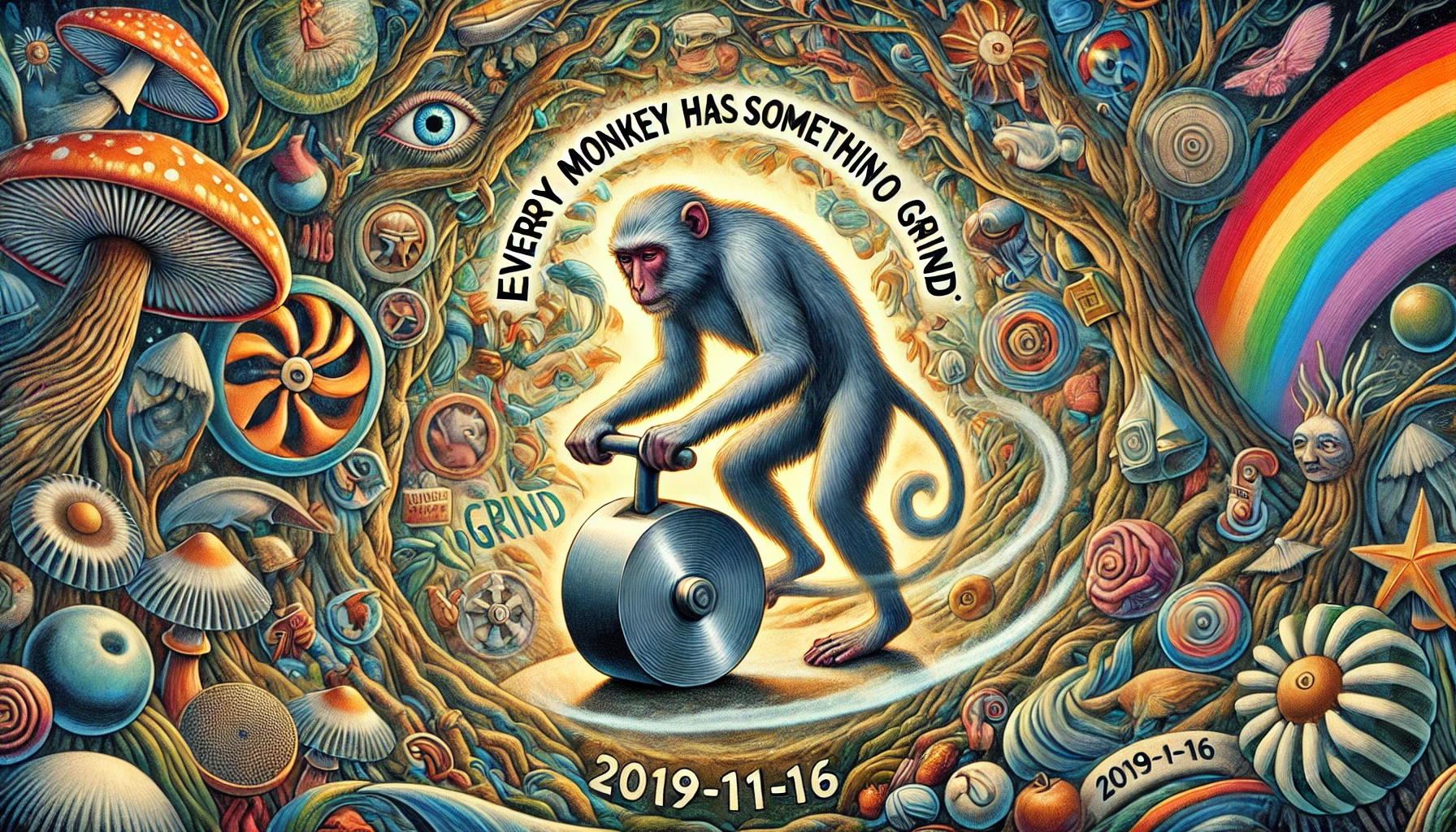
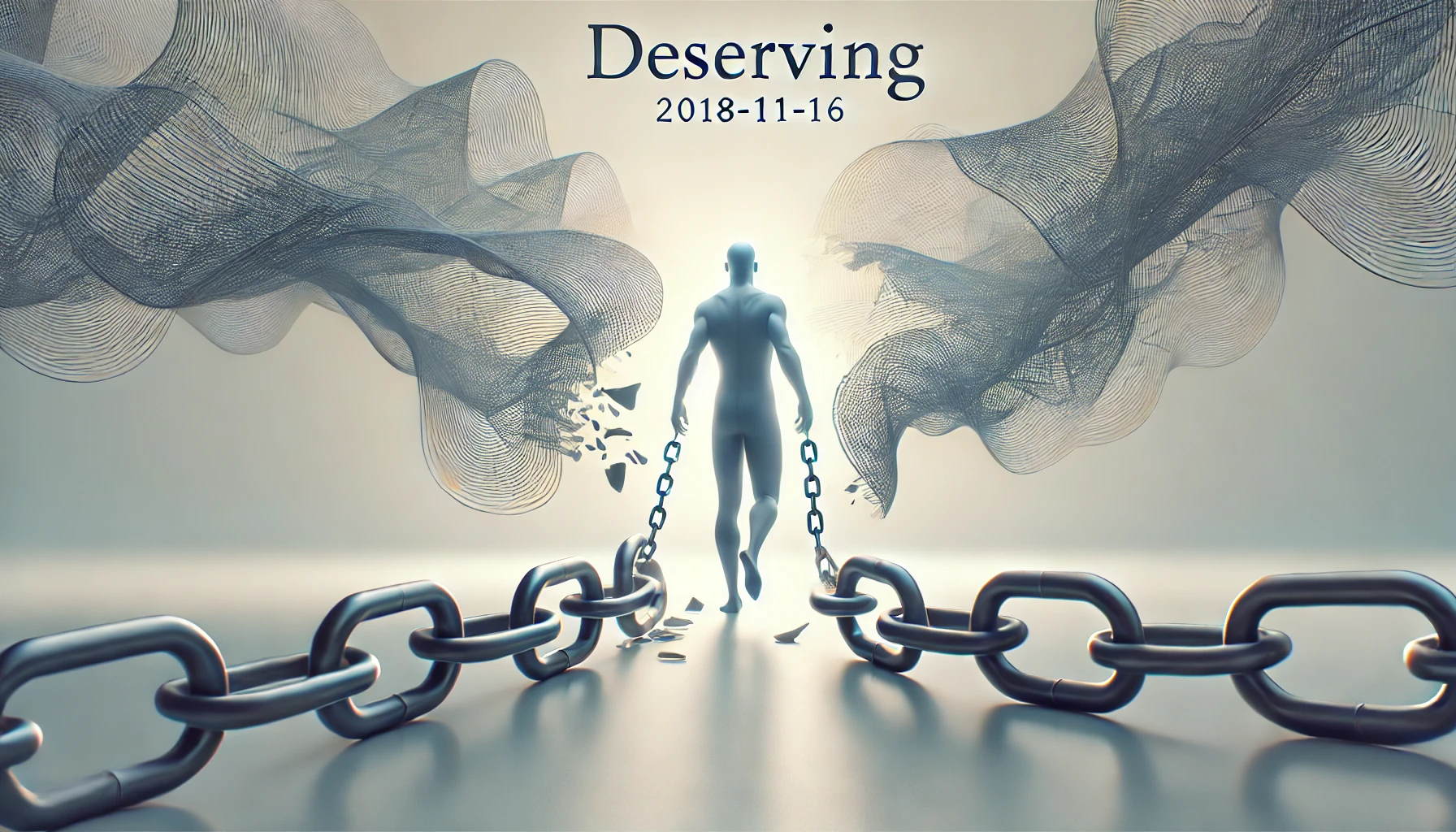

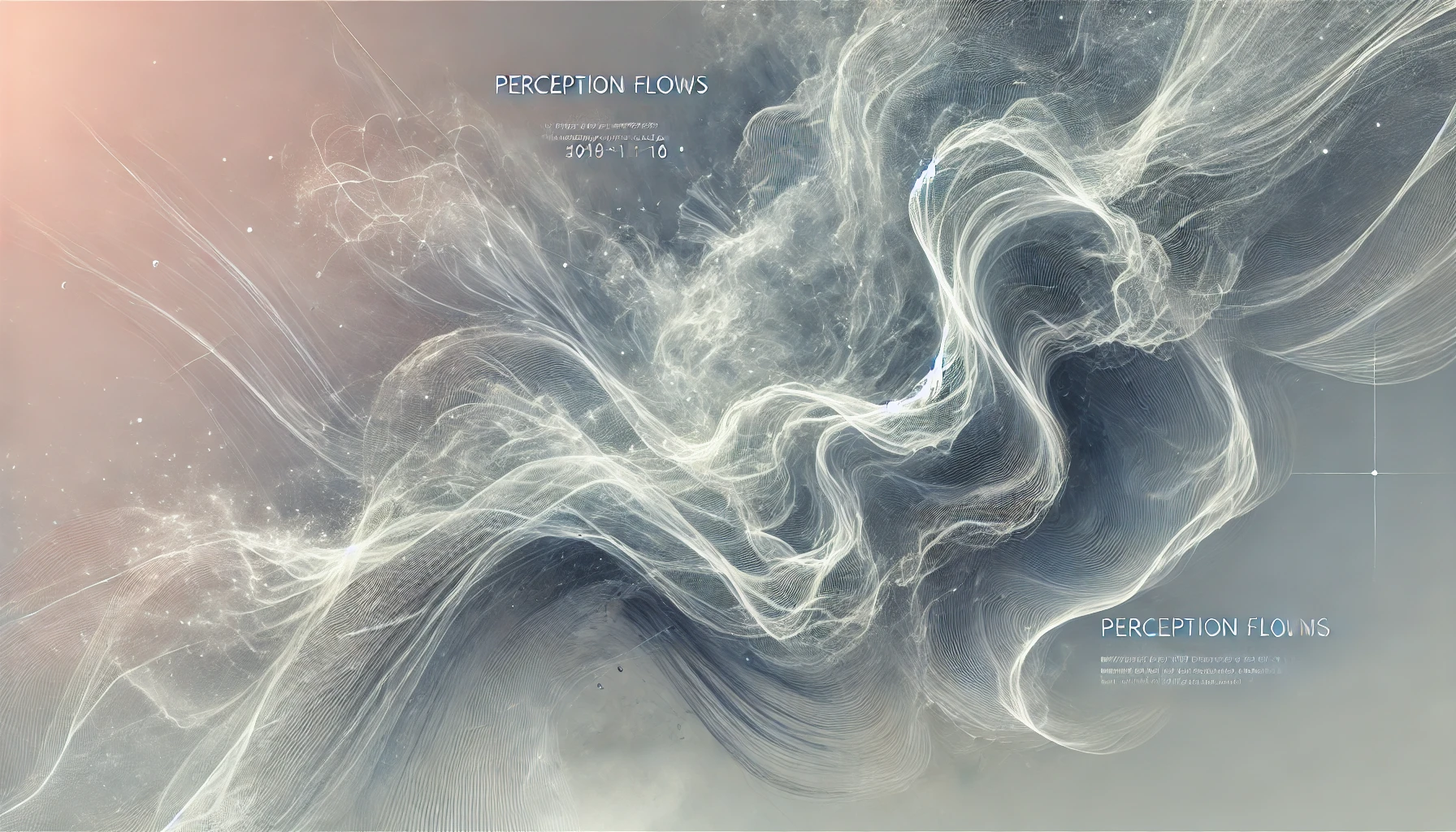

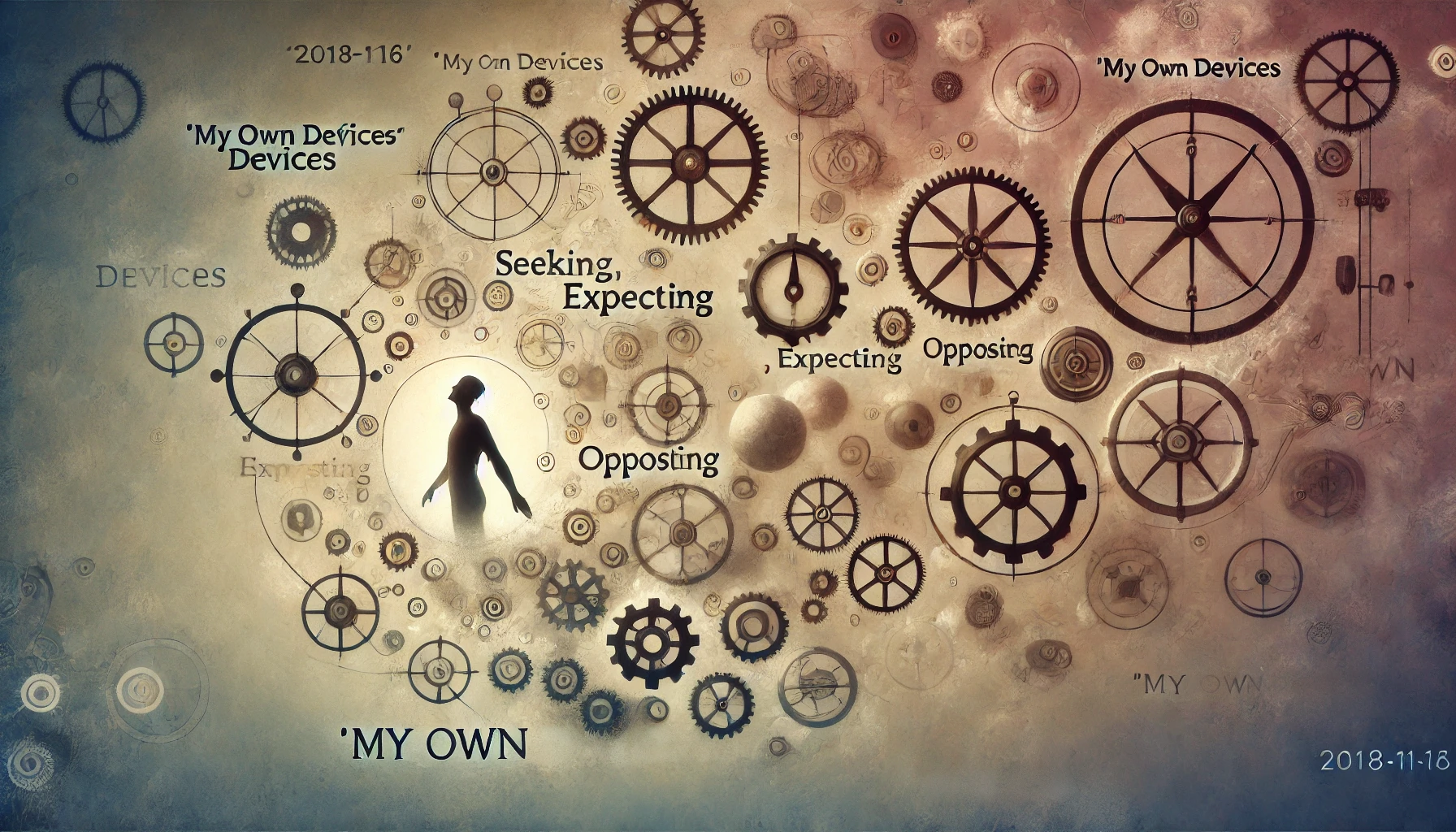

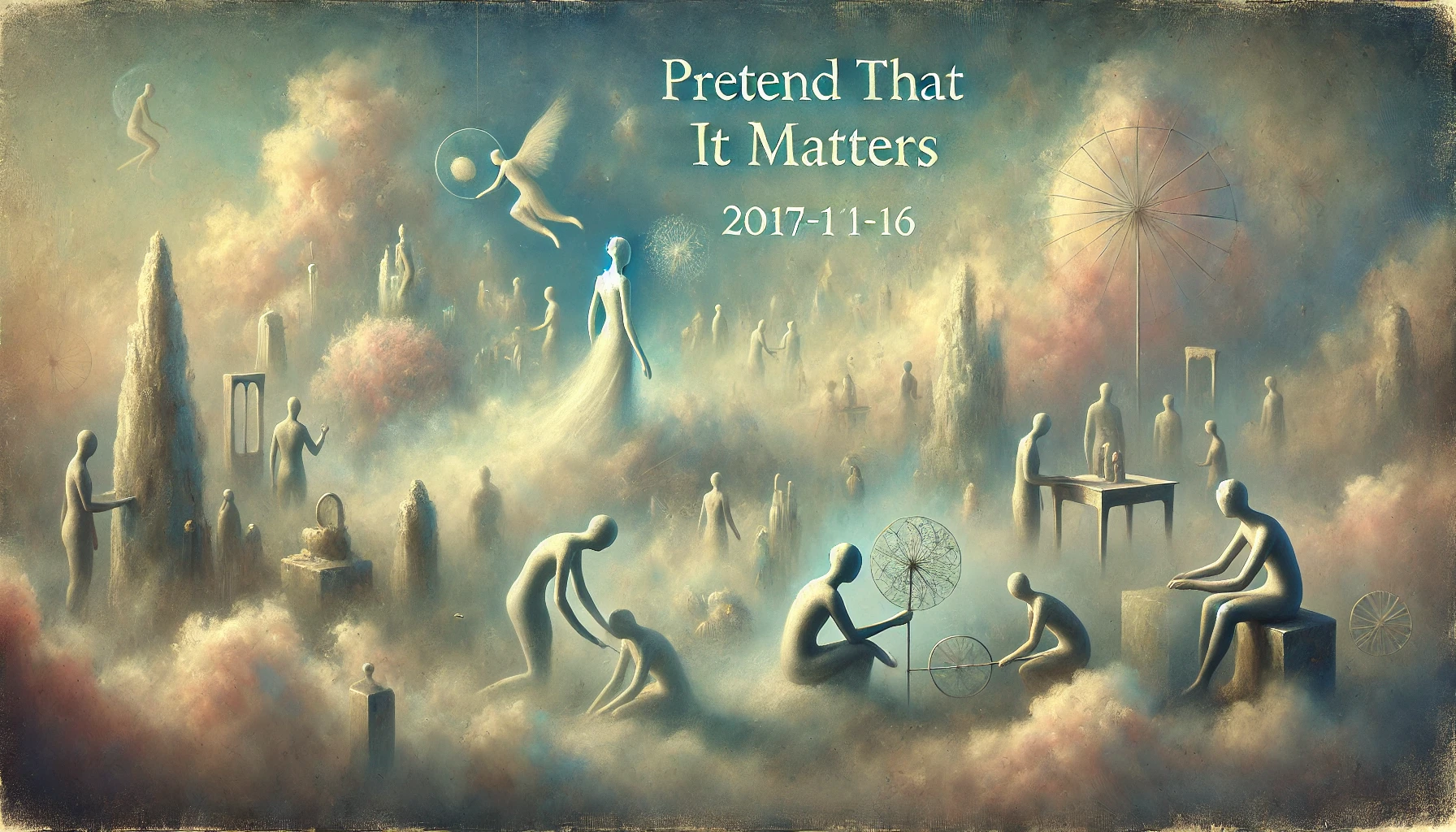
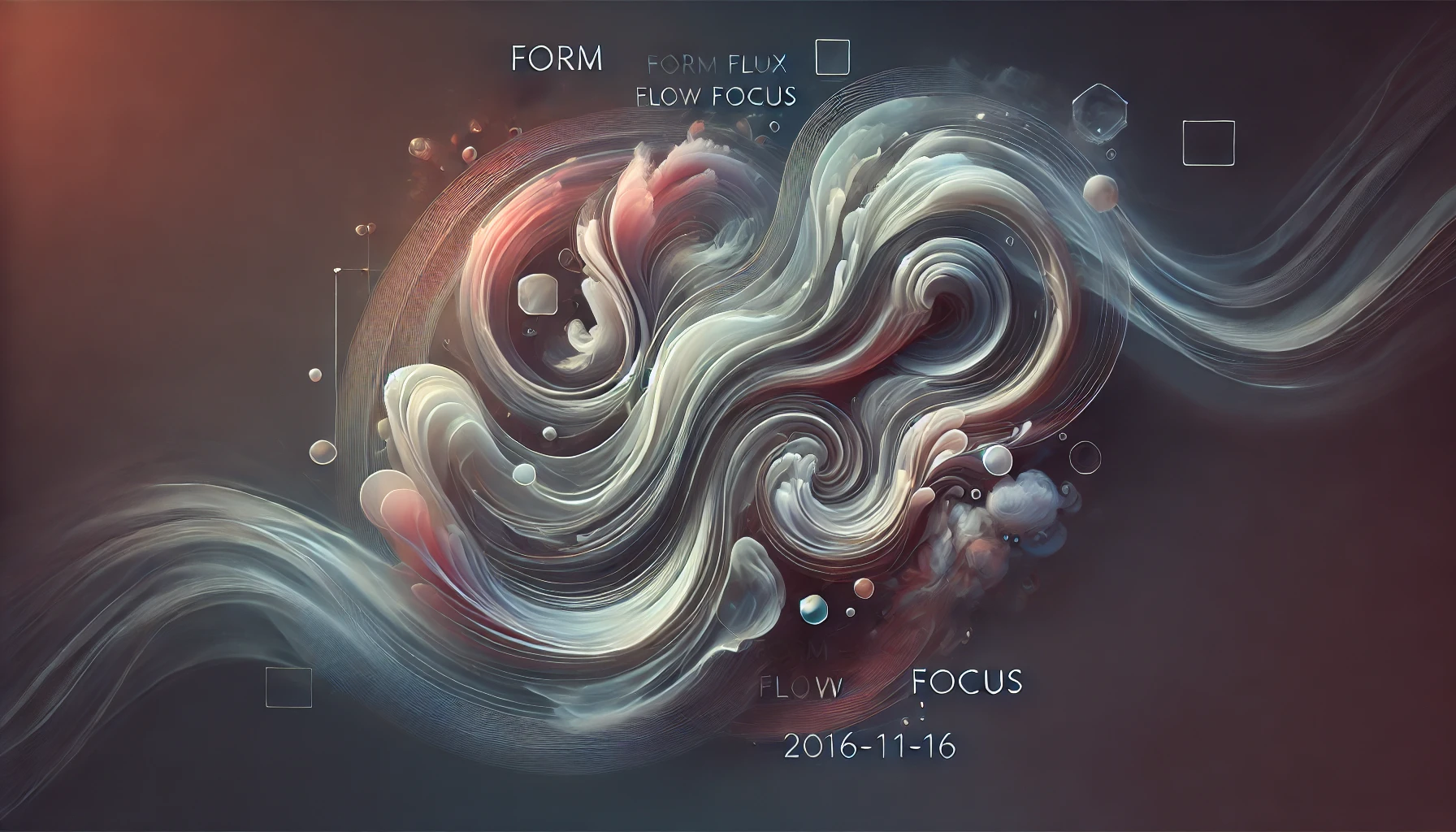

Leave a Reply